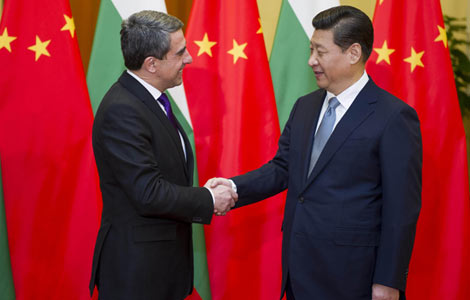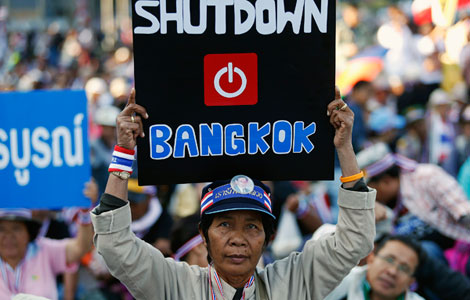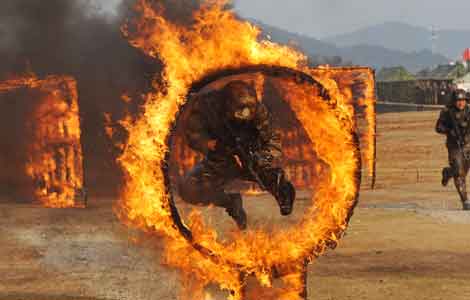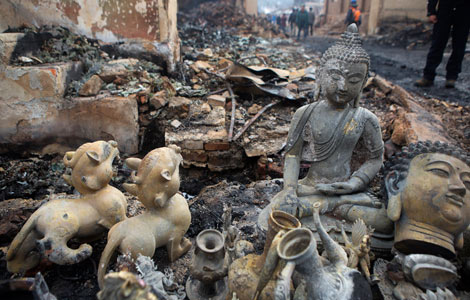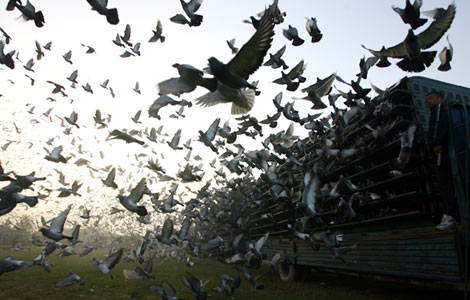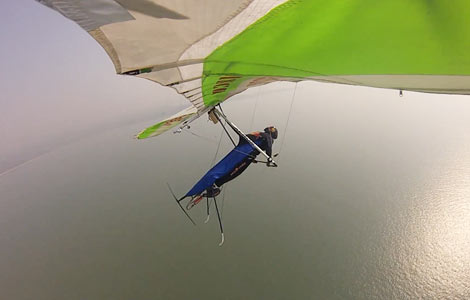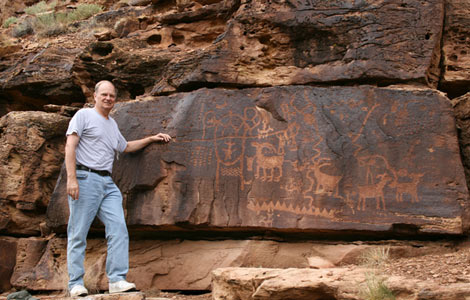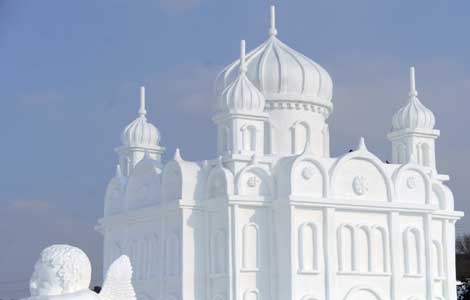Abe’s brother to explain shrine visit to US
Updated: 2014-01-14 08:37
By By CHEN WEIHUA in Washington (China Daily USA)
|
||||||||
Japan's Senior Vice-Foreign Minister Nobuo Kishi started his five-day trip to the United States on Monday aimed at seeking Washington's understanding over Prime Minister Shinzo Abe's visit to the controversial Yasukuni Shrine on Dec 26.
The visit has sparked outrage from Japan's neighbors, particularly China and the Republic of Korea, because the war dead honored at Yasukuni include 14 convicted Class A war criminals from World War II.
The US has expressed its disappointment at the visit, describing it as a move that would exacerbate tensions with its neighbors. Defense Secretary Chuck Hagel, in his phone call with his Japanese counterpart last week, called on Japan to take steps to improve relations with its neighbors.
Kishi, who is Abe's younger brother, is expected to meet US officials and experts, both in Washington and Boston.
But State Department spokeswoman Marie Harf, who has expressed the US disappointment at Abe's Yasukuni visit several times in the past two weeks, said on Monday that she has no detailed information for Kishi's visit but will follow up in the coming days.
Kishi himself visited Yasukuni last October. Like his brother, he also told the media at the time that the visit would not hurt relations with neighbor countries. However, for people in China and the ROK who had suffered enormously during Japanese militarism in WWII, such a visit is a provocative act that opens old wounds and represents Japan's unwillingness to completely denounce its aggressive past.
On Friday, China's ambassador to the US Cui Tiankai wrote an op-ed in the Washington Post in which he claimed that "the recent homage cannot be separated from the prime minister's denial of Japan's wartime atrocities, and it colors his initiative to revise Japan's constitution to transform its Self-Defense Forces into a military force capable of projecting power outside Japan". The Post in its editorial two weeks ago also denounced Abe's visit.
Cui, who was China's ambassador to Japan from 2007 to 2009, described the Yasukuni Shrine as "ground zero for the unrepentant view of Japan’s wartime aggression".
Cui's op-ed last Friday and comment at a press conference a week ago coincided with a series of similar actions taken by his Chinese counterparts around the world. China’s Ambassador to the United Kingdom Liu Xiaoming and Japan’s Ambassador to the UK Keiichi Hayashi had an indirect debate on BBC, after both published op-eds in the Daily Telegraph, accusing the other nation of playing the role of Voldemort, a villain in the Harry Potter series.
While Chinese diplomats have launched a global crusade against Abe's homage to Yasukuni, Abe has also dispatched senior officials, including Kishi, around the world to argue for Japan.
Tensions between China and Japan have escalated since the Japanese government nationalized the Diaoyu Islands in late 2012. Japan has so far refused to admit that there is a dispute over the sovereignty of the islands.
Abe, a long-time right wing politician, has stirred things up the last year when he said whether or not Japan's actions in WWII should constitute "aggression" was still to be defined.
"To improve China-Japan relations, Japan needs to make a sincere apology to China on the history issue and acknowledge the dispute of Diaoyu Islands, but these look impossible under Abe," said Liu Zongyi of Center for Asia Pacific Studies at Shanghai Institutes for International Studies.
Liu said that "Abe and some other Japanese politicians deny the history of aggression and use China’s rise as an excuse for Japan to resume its status as a big military and political nation".
Liu believes that Abe's push for revising the constitution, which has met opposition at home, might cost him his political future.
Shen Dingli, associate dean of the Institute of International Studies at Fudan University, said China defeated Japan in WWII and should not care what Japan says and acts now very much.
"What matters is that if and when Japan or anyone else commits aggression again, just defeat it again," Shen said.
"China shall be confident by handling Japan no matter who is in power in Tokyo. To be willing and able to talk to even an enemy shows our strength and will," he said.
chenweihua@chinadailyusa.com
Most Viewed
Editor's Picks

|

|

|
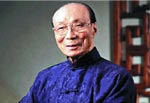
|

|

|
Today's Top News
Mercy killing still a hot button issue, but is it changing?
China builds army 'with peace in mind'
UN plea made on war victims
Li: China's tech innovation a priority
Less school is better for finding love
China is now No 1 in trade
PANDA! opens in Las Vegas
Rich Chinese tourists looking to space
US Weekly

|

|
